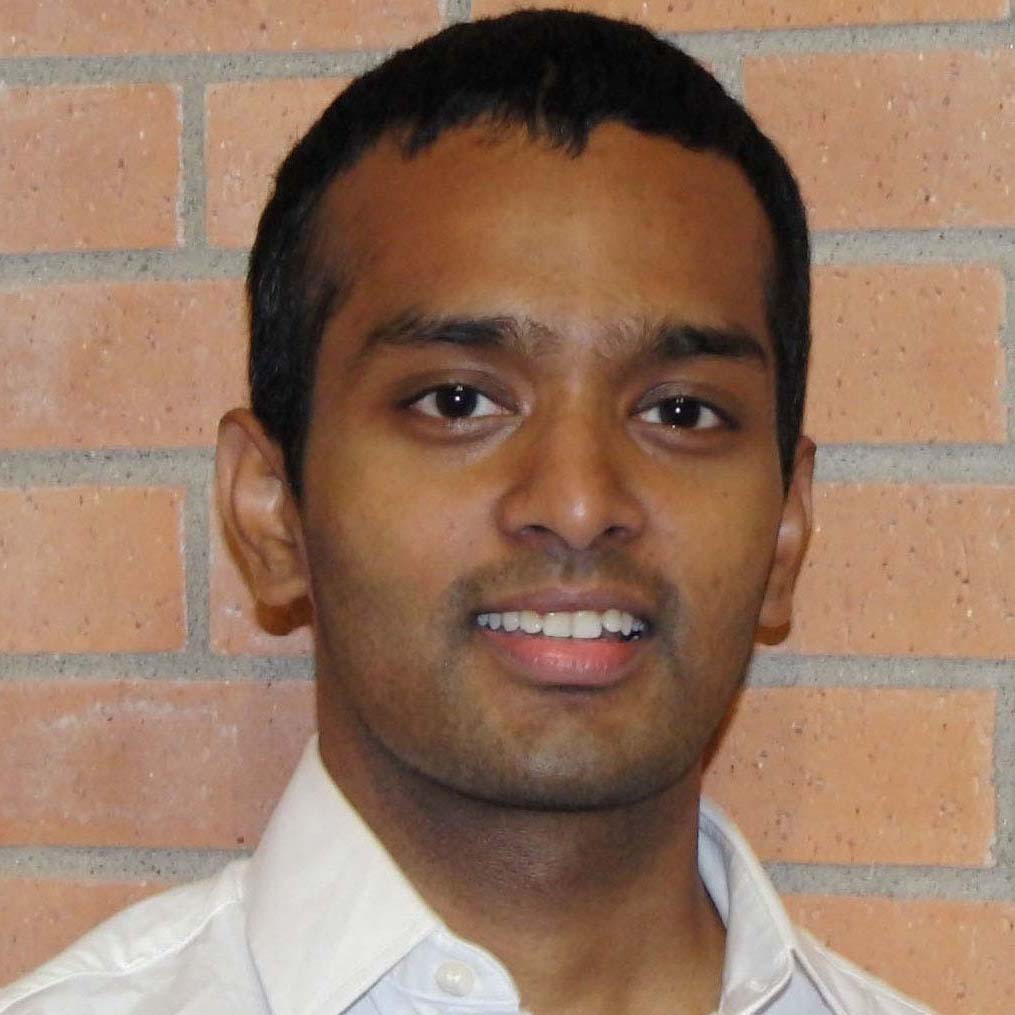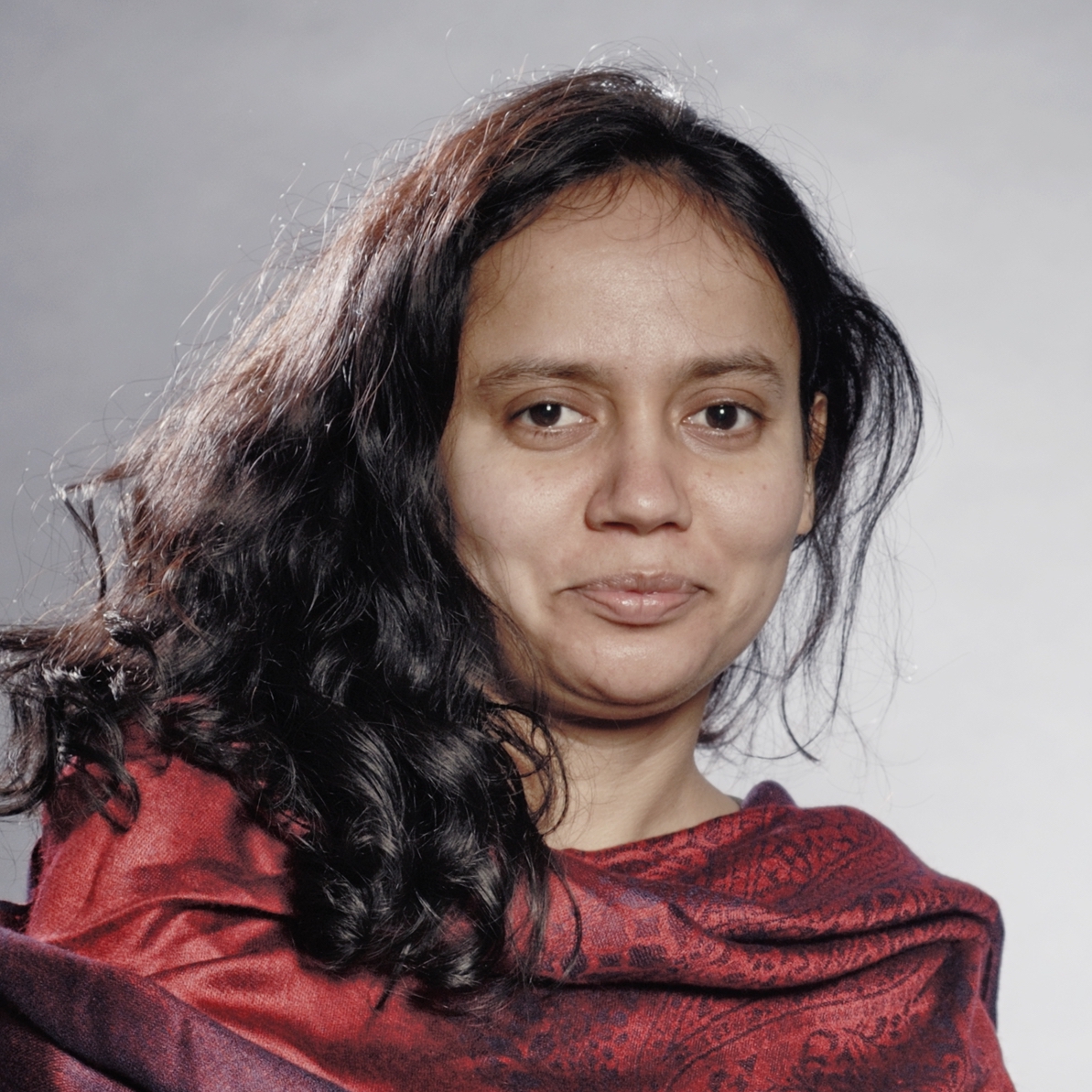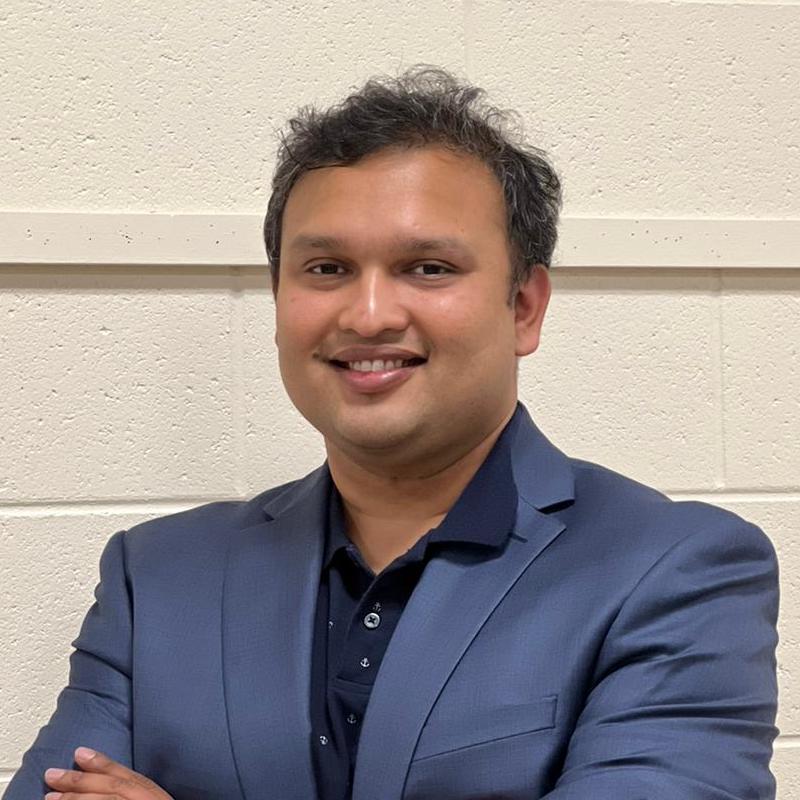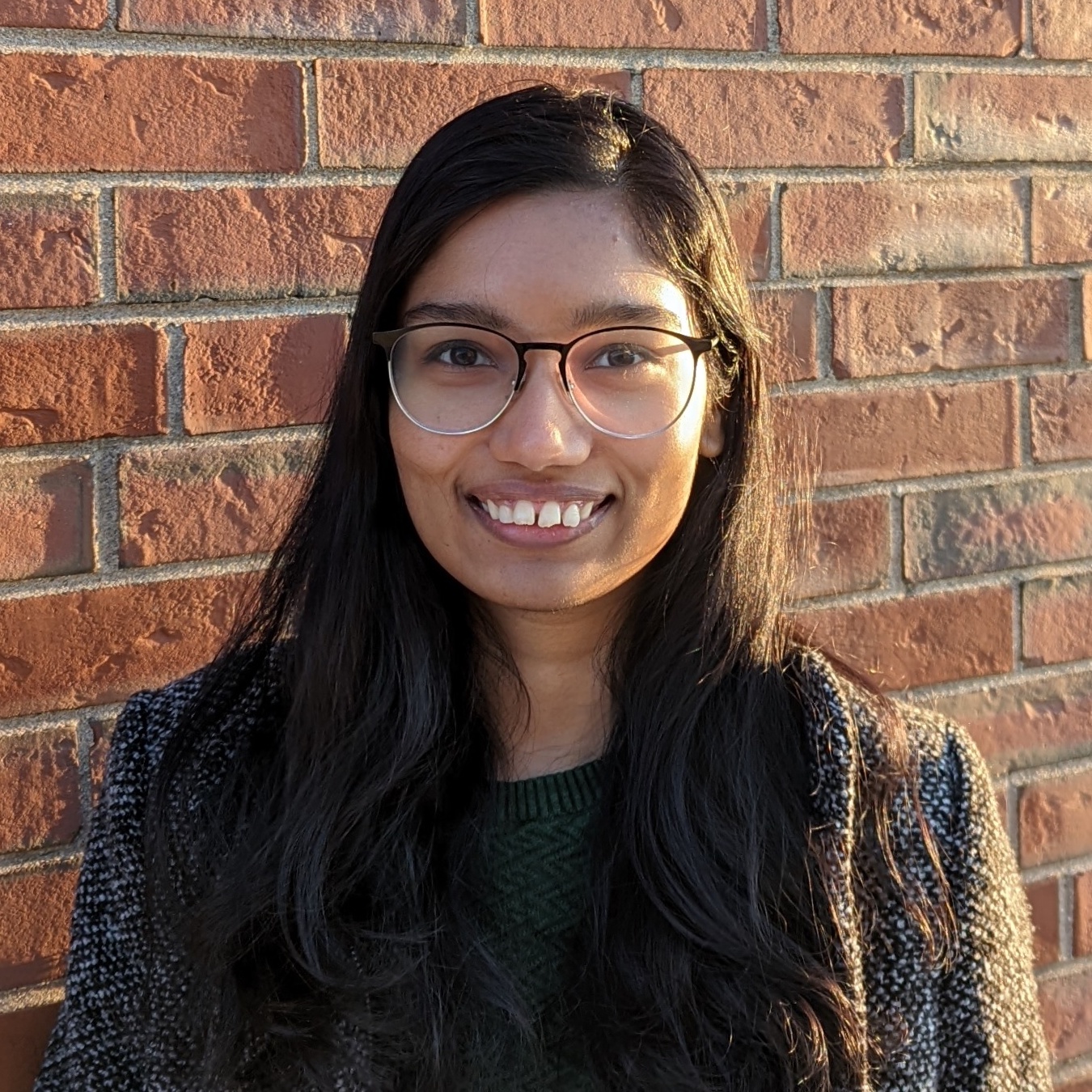Call For Papers
The Workshop on Emerging Devices for Digital Biomarkers (DigiBiom), colocated with MobiSys 2022, offers a unified forum that brings together academics, industry researchers, and medical practitioners together to discuss cutting-edge innovation in digital health. The workshop aims to facilitate a systematic discussion among experts from domains such as mobile sensing, systems, hardware design, machine learning, and medicine. The specific aims of the workshop include: (i) to identify novel sensing opportunities with devices that are currently ubiquitous, most notably smartphones and smartwatches; (ii) to identify opportunities in digital health involving emerging devices that are not so commonplace, such as headsets and on-body sensors; and (iii) to identify challenges and solutions related to the passive collection of digital biomarkers in areas like privacy, visualization, and computational efficiency. Possible categories of emerging devices may include, but are not limited to:
- Headsets (e.g., AR/VR headsets and smart glasses)
- On-body sensors (e.g., smart clothing and skin-worn sensors)
- Distributed sensors in the home (e.g., smart speakers, doorways, toilets)
- Brain-computer interfaces
- Implants
Topics of interest include, but are not limited to:
Novel hardware extensions of conventional devices like smartphones and wearables for health sensing
Unconventional hardware for health sensing
Unique biomarkers related to emerging devices
Novel signal processing or machine learning techniques for processing sensor data related to emerging devices
Comparative studies between conventional and emerging devices or multiple emerging devices
Energy and resource efficient implementations for generating biomarkers specific to emerging devices
Data privacy and security recommendations unique to emerging devices
Data visualization unique to emerging devices
Important Dates
Submission Deadline: Fri May 6th, 2022, AoE
Decisions Released: Wed May 18th, 2022, AoE
Camera-ready Papers Due: Sat May 28th, 2022, AoE
Workshop Date: Fri July 1, 2022
Registration
See registration information for MobiSys 2022. Important dates:
Early Registration 1: May 24, 2022, 23:59 AoE
Early Registration 2: June 10, 2022, 23:59 AoE
Default Registration: After June 11, 2022, 00:00 AoE
Each accepted paper must be covered by a non-student registration by one of the authors.
Paper Format
All submissions must be original work not under review at any other workshop, conference, or journal.
The workshop will accept papers describing completed work as well as work-in-progress and position papers.
Submissions must be submitted as a PDF that is at most 6 pages (including references) in the double-column Mobisys format.
Submission Site
Submit your work via EasyChair.
Invited Keynotes

Creating the Internet of Biological
and Bio-inspired Things
Shyam Gollakota
Professor, Paul G. Allen School of
Computer Science & Engineering
University of Washington
Keynote | Bio

Microsoft Premonition: A New Paradigm for Scalable, Field-based Entomological Monitoring for the Prevention of the Next Mosquito-borne Disease Pandemic
Mike Reddy
Senior Scientist
Microsoft Premonition
Keynote | Bio






